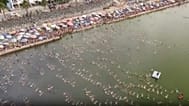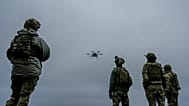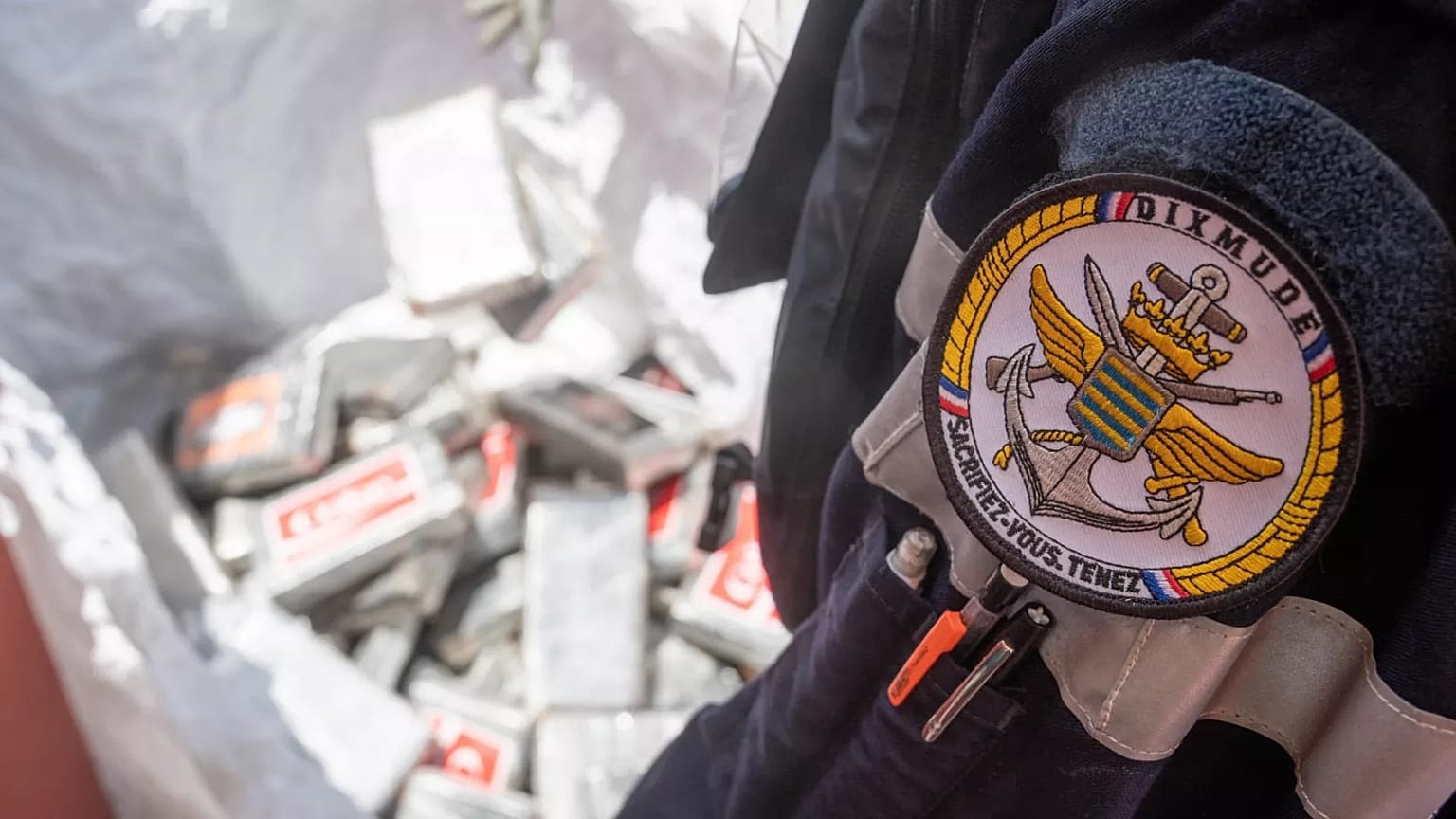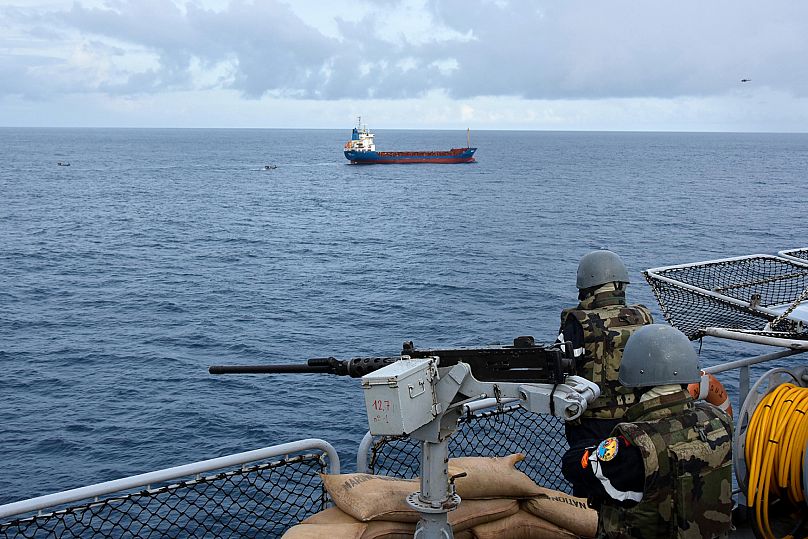The drugs were discovered on an unflagged fishing vessel in the Gulf of Guinea on Monday, a key transit route for drugs heading to Europe.
Two French navy ships seized almost 10 tonnes of cocaine valued at €519 million off the coast of West Africa on Monday, France's Atlantic Maritime Prefecture has said.
In a statement released on Thursday, the French authorities said the "remarkable" drugs seizure was made possible thanks to "seamless cooperation by national and international actors."
Ahead of the drugs bust, the French navy received intelligence from France's Anti-Narcotics Office (OFAST) and the UK's National Crime Agency.
It was also helped by the Maritime Analysis and Operations Centre (Narcotics) (MAOC-N), an initiative involving Belgium, Britain, France, Germany, Ireland, Italy, Spain, the Netherlands and Portugal.
In total, the French navy vessels discovered 9.6 tonnes of cocaine onboard an unflagged fishing boat on Monday.
The two ships that seized the drugs were deployed as part of France's Operation Corymbe, a long-running naval mission in the Gulf of Guinea that combats piracy and drug trafficking.
Admiral Nicolas Vaujour, the head of the French navy, said it had intercepted 45 tonnes of cocaine in the area in the first eight months of the year, the highest amount on record.
This figure included the French navy's seizure of nearly 6 tonnes of cocaine from a fishing vessel in international waters off the West African coast on 29 August.
That operation followed intelligence sharing from the UK and the US, and support from the Brazilian police and MAOC-N.
"The success of this operation underscores the effectiveness of international cooperation in tackling large-scale maritime drug trafficking and preventing narcotics from reaching European markets through the transatlantic route," it said about the 29 August seizure.
The coast of West Africa is a key transit route for drugs, particularly cocaine being brought from South America to Europe.
The third-largest cocaine seizure in the world last year was made in the Gulf of Guinea, with the French navy capturing 10.7 tonnes of the drug.
In 2024, piracy and armed robbery incidents in the Gulf of Guinea had dropped by 90% from 2020 levels.
However, the European Union Institute for Security Studies warned in a report published in January that the region was still beset by problems.
"While the piracy threat in the region appears to be waning, other illicit activities are thriving. Its geographical location makes it an ideal gateway for illegal trafficking towards Africa and Europe, including narcotics from Latin America," it said.
















